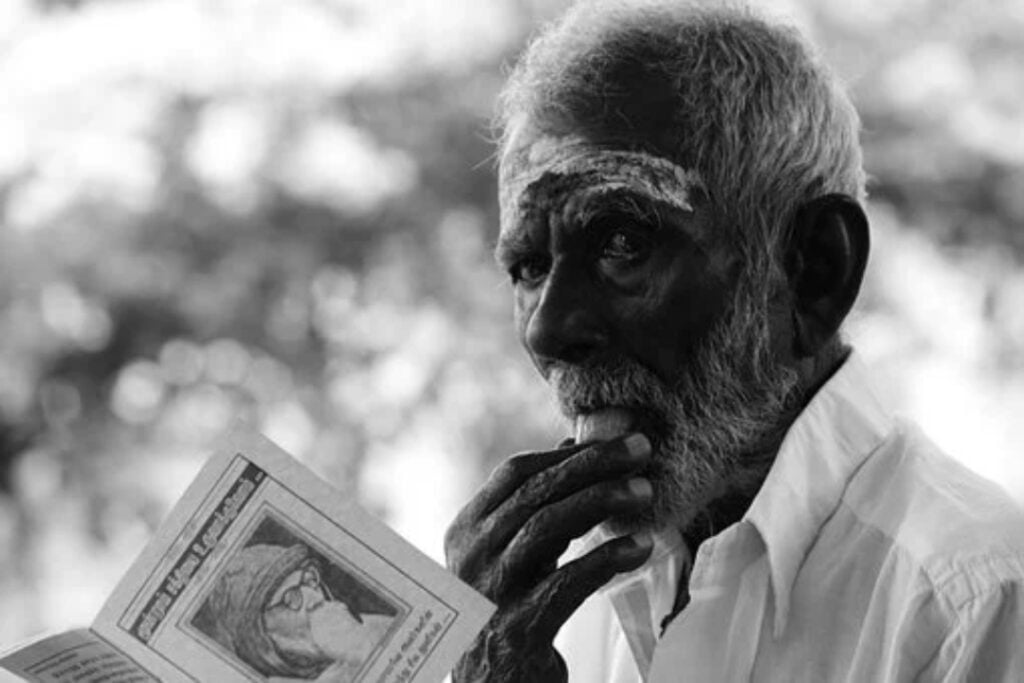
Sarvodaya (School) literally means ‘universal uplift’ and it is a fundamental principle of M.K.Gandhi’s ideology. This principle states that the physical, economic, and spiritual resources of a society should use for the ‘uplift’ of its members.
The concept had its roots in Hindu and Jain philosophy; but it elaborat by Gandhi into a full-blown theory of applied economics and politics. Thus, the term generally understand to mean ‘welfare of all; and it uses by Gandhi for referring to John Ruskin’s book Unto This Last translated by him.
Sarvodaya
According to Gandhi democracy only guarantees the welfare of the majority and not the welfare of all and cannot satisfy those who seek the welfare of all. In Sarvodaya (School) ideology untouchability never allows, eating without working is not right; and emphasis give on the use of native goods and tolerance towards other religions.
A. Zachariah writes, “The goal of Sarvodaya (School) is building a society without exploitation, based on spiritual and moral values. This idea has various phases” (MRSM in India, p.161).
There was no membership in Sarvodaya (School) and all those who accept its ideals were members. It doesn’t a centralized organization and control by the Sarva Seva Sangha in which Vinobha Bhave was the leader for some time. Sarvodaya (School) ideas may change according to the needs of the time.
Sarvodaya School gives emphasis on the following
Firstly, Education
Education should creative, liberative, self-sufficient and job-oriented training encourage. Children should train through the learning of trade.
Secondly, Economics
Equal opportunity for all was in urgency; necessary help must render to the needs of the people, and transformation of economic condition needs. Individual richness needs to utilize for the welfare of society; and there should be a limit to the ownership of the property.
Thirdly, Landownership
In Gandhi’s belief land belongs to God; and the landlords and zamindars should bring within the limits of the trusteeship. Cultivation of land on a cooperative basis emphasizes.